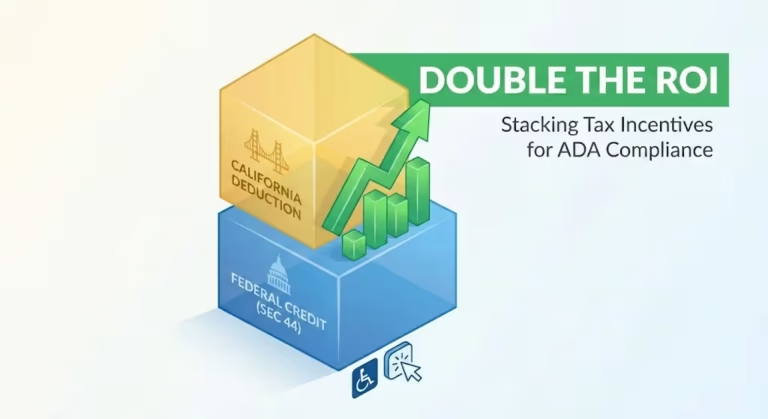The Importance of page loading speed in Website Development and SEO. Website speed is an important aspect of website development and SEO for several reasons. First, website speed directly impacts the user experience. Moreover, A slow-loading website can lead to frustration and a high bounce rate, which means that users leave the site quickly without engaging with it. This can negatively impact the conversion rate and ultimately the success of the website.
Secondly, website speed is a ranking factor for search engines. Search engines like Google take into account page loading speed when determining the relevance and authority of a website, which can affect its search engine ranking. Websites that load quickly are more likely to rank higher than those that load slowly.
Lastly, website speed is also important for mobile optimization. With the increasing number of users accessing the internet on mobile devices, it’s important to ensure that your website loads quickly on all devices. Slow loading speed can lead to poor user experience and a lower search engine ranking on mobile devices.
In short, website speed is an important aspect of website development and SEO as it impacts the user experience, search engine ranking, and mobile optimization. It is essential to optimize website speed for better user experience, increased conversions, and improved search engine ranking. Don’t let slow website speed hold your business back. Lastly, Optimize your website for speed and see an increase in traffic, conversions, and search engine rankings. Start improving your website speed today or contact us for your website’s SEO.
FAQ on Page Loading Speed and Its Effect on SEO.
Does page loading speed affect SEO?
Yes, page loading speed can affect SEO as faster page loading times can lead to better user experience and increased engagement, which can positively impact search engine rankings.
How does page loading speed impact user experience?
Slow page loading times can lead to higher bounce rates, longer wait times, and decreased user engagement. This can negatively impact user experience and lead to a higher likelihood that users will leave the site.
What are some factors that can affect page loading speed?
Some factors that can affect page loading speed include large image files, unoptimized code, too many plugins or scripts, poor hosting, and inadequate bandwidth.
What are some ways to improve page loading speed?
Some ways to improve page loading speed include optimizing images, reducing file sizes, minifying code, using a content delivery network (CDN), and using a fast and reliable hosting service.
How can I measure my page loading speed?
You can measure your page loading speed using tools such as Google PageSpeed Insights, GTmetrix, and Pingdom Website Speed Test. These tools will provide you with insights into the performance of your site and recommend steps to improve page loading speed.
How important is page loading speed for SEO compared to other ranking factors?
Page loading speed is an important ranking factor, but it is one of many factors that search engines consider when determining search engine rankings. Other factors, such as the quality and relevance of content, the authority of the website, and the user experience, are also important for SEO success.


